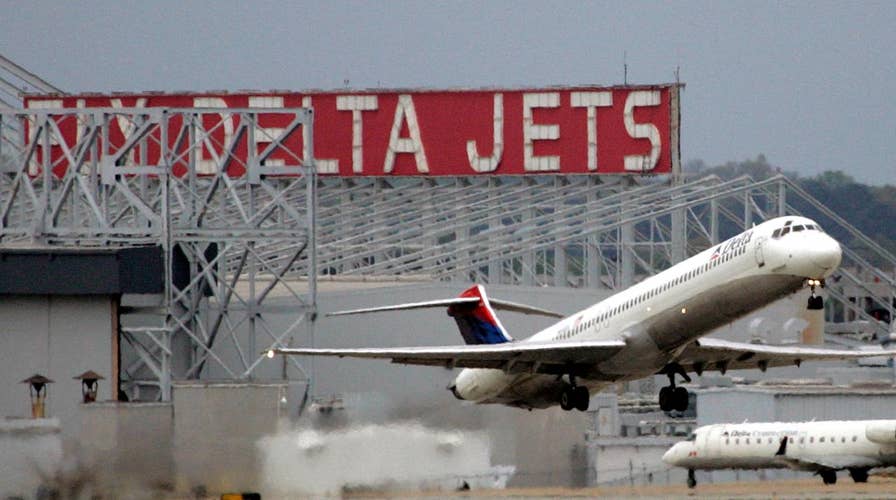Airlines test Nextgen technology to reduce flight delays
Airlines test Nextgen technology to cut down on flight delays nationwide.
Bernie Davis refers to America’s air traffic control as “our archaic system.” He should know. He’s head of flight operations for American Airlines in North Carolina.
His job is to get passengers in and out of Charlotte as efficiently as possible, but he believes the Federal Aviation Administration's refusal to modernize has led to numerous flight delays, one of the top customer complaints.
For years now, American Airlines has been pushing fellow carriers to adopt NextGen, a modern air traffic control system. Short for Next Generation, NextGen allows for switching from outdated radio technology to smart texting — digital messaging already found in cellphones.
Change like this, Davis believes, can save countless dollars in what is otherwise lost productivity.
Lorne Cass, vice president at the American Airlines’ Integrated Operations Center, oversees how the company operates across the country. At present, he’s working in a pilot program to get planes into the air more quickly. As Cass explains, “we’ve developed an algorithm with NASA and the FAA that allows us to push back aircraft at a specific time to eliminate taxi delays.”
Cass is also in charge of shifting from ground-based radar tracking —that relies on paper strips in controls towers — over to satellite-based GPS tracking. The technology is there, and it’s time to take advantage of it.
His plans have apparently gotten the notice — and approval — of President Trump, who has said “a modern air traffic control system will make life better for all Americans who travel, ship or fly.”
There are critics, though. Smaller airlines, as well as private plane owners, say the transition to this new technology will be too expensive. Adopting NextGen will also mean privatizing some air traffic control presently run by the FAA, which doesn’t sit well with some in Congress, particularly those who don’t wish to see the jurisdiction of the FAA diminished.
Ultimately, though, people like Bernie Davis and Lorne Cass hope that the people in charge of funding will allow NextGen to take flight, and bring our air traffic control system into the 21st century.






















